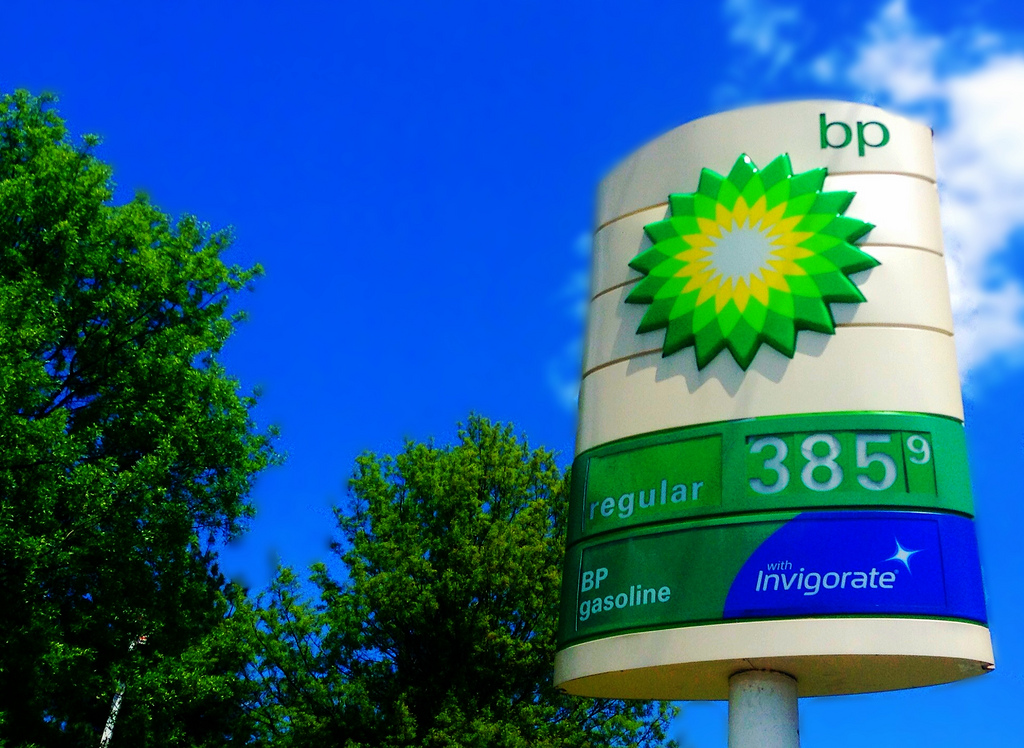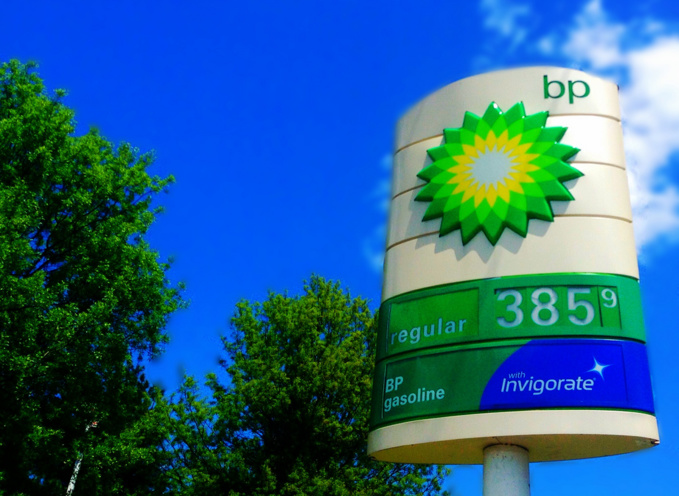Explosion at Texas City Chemicals refinery plant, and a fire at Deepwater Horizon platform could have been followed by other major catastrophes in BP’s history. An internal investigation conducted last year revealed that the company still has a big problem with safety at work sites, reports The Financial Times. Apparently, consequences of the oil spill in the Gulf of Mexico in 2010 hasn’t changed the situation much even despite the fact that the company took appropriate action. According The Financial Times citing the report, in recent years BP has recorded several incidents that could lead to fatal consequences.
The document states that the most serious accident could happen in 2014 at Whiting refinery, located near Chicago. This failure has been linked to a hydrotreater and brought $ 258 million of losses; other details were not disclosed. The report provides a list of cases where inadequate technical data governance could lead to loss of life. For instance, this happened at a chemical plant in Hull in the north-east of England, and at a refinery in Lingen.
Falling oil prices forced the company to cut costs in all possible ways. Apparently, BP decided to save on updating the data transfer mechanisms. The report notes that the company simply does not have a system that would meet the world standards of technical information management. The study’s authors noted that BP needs to "urgently" improve its data control. The updates would cost the British oil giant about $ 170 million over the next five years.
Honorary Professor of the University of California at Berkeley, Robert Bea., formerly consultant to BP, told FT that conclusions of this report echo findings of experts on security in late 1980s: "It is obvious that BP does not pay due attention to the vital security ... Problems, which we have identified in the early 2000s, still exist. Some of them are worrying us. There are early signs that the company's security system is degraded, which can lead to serious incidents."
First of December, British giant BP has approved a $ 9 billion-worth investment plan to install a second rig in the field Mad Dog, located in the US Gulf of Mexico (the first platform was installed in 2005). This deposit, which was discovered in 1998, contains up to 4 billion barrels of oil and gas. When BP first proposed a new project at the beginning of this decade, its estimated cost was $ 20 billion.
A few days later, a number of the world's largest oil companies, including BP, generously poured money on exploration and production blocks in the Mexican waters of the Gulf. Mexico expects to raise up to 40 billion dollars from companies that will invest in these projects. Until 2014, private investment in the Mexican oil was banned by a decree introduced back in the 1930s. At that, oil exploration there looks especially attractive. On the other hand, this area has already been explored since a few blocks are located along the United States’ maritime border.
source: ft.com, reuters.com
The document states that the most serious accident could happen in 2014 at Whiting refinery, located near Chicago. This failure has been linked to a hydrotreater and brought $ 258 million of losses; other details were not disclosed. The report provides a list of cases where inadequate technical data governance could lead to loss of life. For instance, this happened at a chemical plant in Hull in the north-east of England, and at a refinery in Lingen.
Falling oil prices forced the company to cut costs in all possible ways. Apparently, BP decided to save on updating the data transfer mechanisms. The report notes that the company simply does not have a system that would meet the world standards of technical information management. The study’s authors noted that BP needs to "urgently" improve its data control. The updates would cost the British oil giant about $ 170 million over the next five years.
Honorary Professor of the University of California at Berkeley, Robert Bea., formerly consultant to BP, told FT that conclusions of this report echo findings of experts on security in late 1980s: "It is obvious that BP does not pay due attention to the vital security ... Problems, which we have identified in the early 2000s, still exist. Some of them are worrying us. There are early signs that the company's security system is degraded, which can lead to serious incidents."
First of December, British giant BP has approved a $ 9 billion-worth investment plan to install a second rig in the field Mad Dog, located in the US Gulf of Mexico (the first platform was installed in 2005). This deposit, which was discovered in 1998, contains up to 4 billion barrels of oil and gas. When BP first proposed a new project at the beginning of this decade, its estimated cost was $ 20 billion.
A few days later, a number of the world's largest oil companies, including BP, generously poured money on exploration and production blocks in the Mexican waters of the Gulf. Mexico expects to raise up to 40 billion dollars from companies that will invest in these projects. Until 2014, private investment in the Mexican oil was banned by a decree introduced back in the 1930s. At that, oil exploration there looks especially attractive. On the other hand, this area has already been explored since a few blocks are located along the United States’ maritime border.
source: ft.com, reuters.com



















